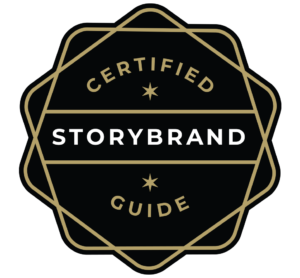
How does your company communicate? There are internal communications, and then there is the external messaging that goes out to your customers. But who is responsible for that external communication? Usually it’s tasked to the “marketing department.” But in today’s always-on society, your official messaging isn’t the only way people hear from your company. In fact, they’re just as likely to hear from your employees. But whether that’s a good thing or a bad thing depends on your company culture—and the relationship between Marketing and HR (Human Resources).
Company departments can often exist in silos, but that can be a problem. Marketing messages crafted by one department that doesn’t talk to all the others will fall flat to consumers because it won’t ring true. Or it will be an idealized version of something that doesn’t truly exist. Even worse, if marketing is telling one story that never got told to onboarded employees, how can they possibly represent that version of the company?
HR and Marketing Need to Talk
The human resources department and the marketing department need to be in communication—and on the same page. Their missions may seem vastly different, but while one is bringing people into the culture (HR) and the other is telling people about products and services created in that culture (marketing), it all centers around that culture. External communications have to reflect the internal reality or consumers will find out and call your bluff. People do business with people and value authenticity above all else. If HR and marketing work toward the same goal—a strong and perpetuated culture—then the internal will match the external, leading to greater public perception and employee satisfaction.
Your Company’s Human Resources Are Among Your Most Valuable Resources
Inventory, sales, and revenue are the metrics most often measured to determine success, but don’t forget the value of your human resources (not just the department, but your entire workforce). Your people are among your most significant assets and are the reason for your success—or lack thereof. Equipping your employees should include more than job task training, but also integrating them into your company culture so that it isn’t lost with each successive generation of employees beyond your founding core group.
Great Company Culture Sells Itself
The hunger among consumers for authenticity is what drives them to seek out companies that not only provide the products or services they need but share their values. Brands are perceived practically as people, and buyers either resonate with their culture or they don’t. Great company culture truly does sell itself and motivates consumers to speak with their dollars. Employees of companies with exceptional cultures love to talk about the great place they work—and consumers are listening.
Keep the lines of communication between HR and Marketing wide open in your company and you’ll not just be on the same page. You’ll enrich your greatest resource—the human resource—and will be able to communicate human stories into the marketplace that will build you a loyal customer base.
Questions about connection HR and your marketing team? Reach out today!









